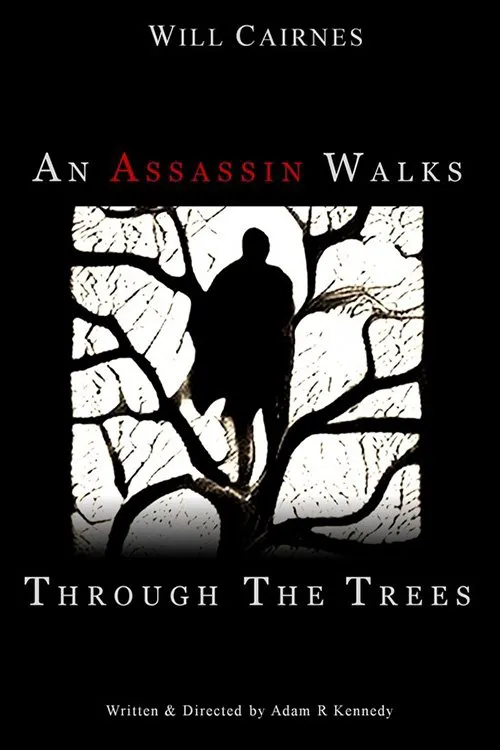An Assassin Walks Through the Trees

Plot
In the movie "An Assassin Walks Through the Trees," a seasoned hitman finds himself at a crossroads after committing a brutal act that would change his life forever. The narrative is woven around his emotional descent and the moral dilemmas that accompany his profession. His former mentor's death not only sets off a downward spiral but also serves as a catalyst for the hitman's introspection. Initially, the hitman, whose name remains unknown to the audience, is portrayed as a master of his craft. He's efficient, calculating, and detached from the consequences of his actions. However, when he's forced to kill his mentor, the dynamics of his world begin to shift. This pivotal moment forces him to confront the harsh realities of his job and the emotional toll it takes on his psyche. As he grapples with guilt and self-doubt, the hitman starts to notice the people he's meant to eliminate. They become less like targets and more like individuals with hopes, dreams, and families. His perspective expands, allowing him to empathize with those he's tasked with harming. This empathetic response creates a sense of dissonance within him, making him question his role in the world. A significant character arc in "An Assassin Walks Through the Trees" revolves around the hitman's interactions with his would-be victims. He begins to see them as people rather than mere marks on a hit list. This newfound awareness fills him with a sense of compassion, and his actions become increasingly erratic as he struggles to reconcile his past with his newfound empathy. He starts to question the morality of his profession and the people who orchestrate these hit jobs. One of these would-be victims, a young woman with a promising future ahead of her, catches the hitman's attention. Her determination to live a fulfilling life contrasts starkly with his own aimless existence. He finds himself drawn to her, and for the first time, he begins to see the person behind the target. This connection only adds to his inner turmoil, as he's forced to confront the human cost of his actions. The hitman's emotional breakdown is a poignant portrayal of the psychological strain of his profession. The pressure to maintain a facade of detachment while grappling with the weight of his past decisions becomes unbearable. As he becomes increasingly unhinged, the lines between his world and reality begin to blur. The assassin's walk through the trees symbolizes his loss of direction and purpose, reflecting his descent into madness. Throughout the narrative, the themes of morality, guilt, and the human condition are skillfully woven. The hitman's journey is a powerful commentary on the consequences of playing god and the devastating effects it can have on one's psyche. As he struggles to find meaning in a world where life and death are mere commodities, the audience is left grappling with the nature of right and wrong. The cinematography in "An Assassin Walks Through the Trees" is a masterclass in conveying the hitman's emotional state through visual metaphors. The use of shadows, lighting, and composition perfectly captures the turmoil brewing beneath the surface. The score is equally striking, featuring a haunting soundtrack that amplifies the sense of unease and foreboding. Ultimately, "An Assassin Walks Through the Trees" is a thought-provoking exploration of the human experience. It challenges the audience to reexamine their perceptions of morality, empathy, and the impact of our actions on others. The hitman's journey serves as a warning about the dangers of becoming desensitized to the consequences of our decisions and the devastating effects it can have on our mental and emotional well-being. As the narrative draws to a close, the hitman's fate is left uncertain, leaving the audience to ponder the moral implications of his choices and the true cost of walking through the trees.
Reviews
Recommendations


